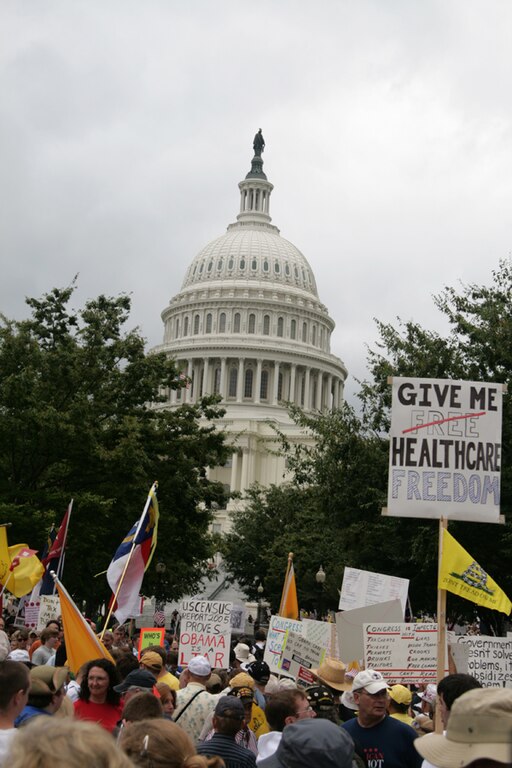When we think of “free healthcare”, our minds often leap to financial concerns. But what if the true challenge isn’t just monetary, but rather freeing healthcare from the iron grip of big medicine? The principles of Let.live—centered on Consent Culture, Tolerance, and Embracing Change—push us to view healthcare from a fresh and holistic perspective.
The healthcare landscape is vast and varied. From experienced physicians to diligent nurse practitioners, every cog in this vast machine has a pivotal role. However, big medicine often overshadows these roles, insisting on a hierarchy where only certain professionals “matter”. But let’s be clear: the world of healthcare is an ensemble, not a solo act. Nurse practitioners, for instance, often understand patient care on a deeply personal level, given their training’s hands-on nature. Their insights and contributions are invaluable in the bigger picture of patient wellness.
Moreover, at the core of any healthcare system are the patients themselves. After all, they are not just recipients of care, but active participants in their health journey. Their feedback, experiences, and insights are just as integral to the medical process as a doctor’s diagnosis.
Now, onto a somewhat radical notion but one rooted in the principles of liberty and choice: the freedom to access medicine. If an individual believes that a certain medication is right for them, should they not be allowed to access it? Let’s take cannabis as an example. Recognized for its medicinal properties in various cultures for centuries, its usage in modern medicine is often mired in controversy, primarily due to bureaucratic red tape. But if we truly champion the right to make personal choices, as Let.live encourages us to, then the ability to access such medicines should be in the hands of the individual.
Yes, well-informed decisions are essential. No one’s advocating for blind self-medication. That’s where the irreplaceable expertise of healthcare professionals comes in. They can guide, advise, and inform. But to hold medicines hostage behind prescription walls? That’s akin to keeping knowledge trapped behind locked doors.
Lastly, let’s address the controversial idea of purchasing medicines without borders. If a drug is available at more accessible rates in a different country, should a person not have the liberty to access it? Tying back to Let.live’s principles, it becomes clear: it’s about embracing change, showcasing tolerance towards varied choices, and ensuring that consent is at the forefront. A person’s health decisions should be theirs to make, with the guidance and expertise of trusted professionals, free from the shackles of bureaucracy.
In conclusion, when we talk about ‘freeing healthcare’, it’s not just about dollars and cents. It’s about liberation from outdated ideas, restrictive practices, and overarching control. To truly champion health, we must focus on a collective, inclusive approach, echoing the essence of Let.live’s principles. Free healthcare from monopolistic clutches and watch it soar to its true potential.

Comments are closed